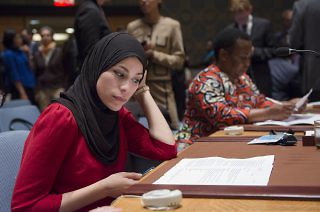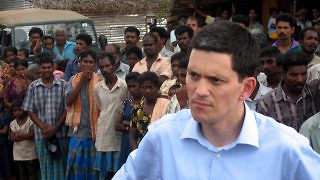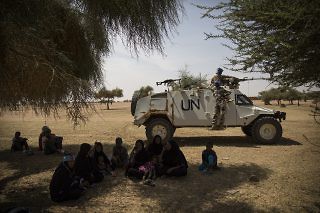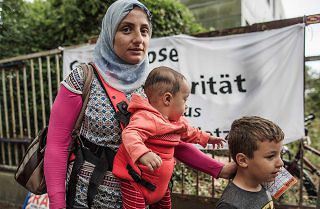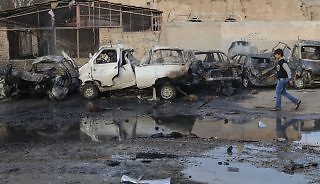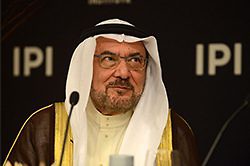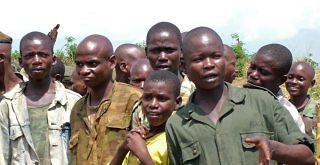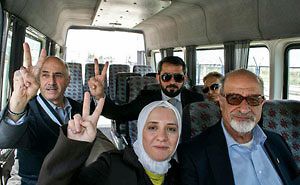Alaa Murabit, Founding President of the Voice of Libyan Women, discusses the challenges facing youth, and young women in particular, and how the multilateral system can respond.
Author: Warren Hoge
-
-
With 20 million refugees and 40 million internally displaced people globally, International Rescue Committee President David Miliband says the escalating crisis requires not just more, but also better, humanitarian aid.
-
Head of the UN High-Level Independent Panel on Peace Operations (HIPPO), José Ramos-Horta, discusses the challenges of peace operations reform.
-
William Lacy Swing, Director General of the International Organization for Migration, discusses ways to manage increasing global migration flows in a humane manner.
-
Reverend Gary Mason called the 1998 Good Friday Agreement a “masterpiece in political compromise,” but said it nonetheless had a number of missing pieces that are still being addressed.
-
Another year of brutality, violence, and dashed hopes has hardened hearts on both sides of the Syrian conflict.
-
The October 26 runoff election has produced a deeply polarized country, and President Rousseff’s challenge will be to boost Brazil’s economy while maintaining national unity.
-
A conversation with OIC Secretary-General Iyad Madani on the Islamic State, the Arab-Israeli conflict, Islam’s relationship with the West, and more.
-
Child soldiers are not a socio-economic problem to be addressed after the conflict is over, but a core security problem that needs proactive measures.
-
A new survey finds a wide range of Syrians want a negotiated settlement, but not all are willing to pay the price.

